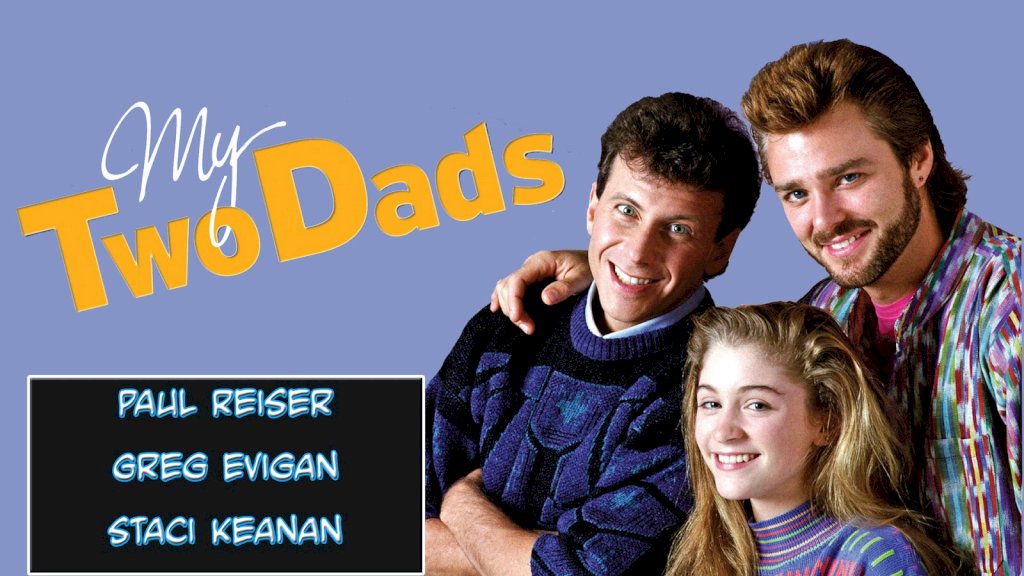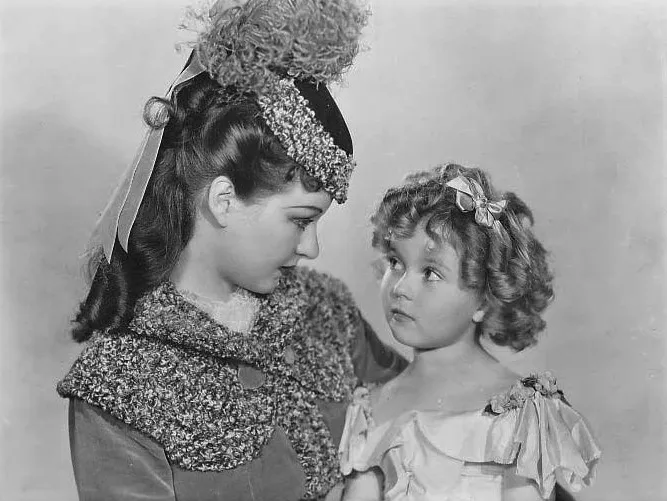Estelle Getty, born Estelle Scher on July 25, 1923, was a legendary American actress known for her impeccable comedic timing and unforgettable portrayal of Sophia Petrillo in the hit TV series "The Golden Girls." Over her illustrious career in Hollywood, Getty became an icon of comedy, a beloved character actress, and a source of inspiration for generations. In this article, we will delve into Estelle Getty's life, her early career, her remarkable portrayal of Sophia Petrillo, her contributions to comedy, and her enduring legacy in the entertainment industry.
(Watch the video below)

A Humble Beginning

Born on July 25, 1923, as Estelle Scher, Getty's early life was marked by her passion for acting. However, her road to success was paved with challenges. She married Arthur Gettleman (later changed to Getty) and raised two sons, all while nurturing her dream of becoming an actress. Getty's journey exemplifies resilience, determination, and the unwavering pursuit of her passion.
Broadway Stardom
Before capturing hearts on television, Getty made a name for herself on Broadway. In 1981, she starred in Harvey Fierstein's "Torch Song Trilogy," earning critical acclaim for her performance as the overbearing Jewish mother. Her talent for blending humor and depth made her a standout, and her work on Broadway set the stage for her future success in television.
The Role of a Lifetime: Sophia Petrillo
Getty's most iconic role came in 1985 when she was cast as Sophia Petrillo in the television series "The Golden Girls." As the feisty and quick-witted mother of Bea Arthur's character, Dorothy, Getty brought Sophia to life with unmatched charisma. Despite being younger than her co-star Arthur, Getty's portrayal of the sharp-tongued, wise-cracking senior won hearts and left an indelible mark on pop culture.
Sophia's one-liners, irreverent humor, and endearing moments of vulnerability made her a standout character on the show. Getty's comedic timing, impeccable delivery, and ability to convey both wit and depth transformed Sophia into a beloved and relatable figure for viewers of all ages.
Breaking Age Barriers
One of the most remarkable aspects of Getty's portrayal of Sophia was her ability to transcend age barriers. Through her performance, she defied ageism, proving that characters of any age could be richly developed and resonate with audiences. Sophia's humor, wisdom, and candor addressed topics that transcended generational divides, creating a character that remains relevant and beloved to this day.
Getty's ability to breathe life into Sophia was rooted in her own understanding of the human experience. She drew inspiration from her own mother's humor and experiences, infusing the character with authenticity and relatability.
Estelle Getty and Bea Arthur

Estelle Getty and Bea Arthur, two iconic actresses, formed an unforgettable duo both on and off-screen. Best known for their roles as Sophia Petrillo and Dorothy Zbornak, respectively, on the beloved sitcom "The Golden Girls," Getty and Arthur left an indelible mark on television history.
Getty, with her sharp wit and impeccable comedic timing, brought the feisty and lovable Sophia to life. Despite being the oldest member of the Golden Girls quartet, Getty's portrayal infused the character with vitality and sass, earning her widespread acclaim and a dedicated fan following.
Meanwhile, Arthur's portrayal of the no-nonsense, quick-witted Dorothy captivated audiences with her dry humor and unwavering strength. Arthur's commanding presence and effortless delivery made her a standout on the show, earning her critical praise and multiple awards, including an Emmy for Outstanding Lead Actress in a Comedy Series.
Off-screen, Getty and Arthur shared a close friendship that mirrored the camaraderie of their on-screen counterparts. Their chemistry and mutual respect translated seamlessly onto the screen, enhancing the dynamic of "The Golden Girls" and solidifying their status as television legends.
Together, Estelle Getty and Bea Arthur created a timeless legacy that continues to resonate with audiences worldwide, reminding us of the enduring power of friendship, laughter, and the magic of television.
Impact and Recognition

Getty's portrayal of Sophia earned her widespread recognition and acclaim. She won an Emmy Award for Outstanding Supporting Actress in a Comedy Series in 1988, a testament to her ability to create a memorable and beloved character. Beyond the accolades, Getty's legacy lives on in the hearts of those who continue to find joy and connection through her work.
A Lasting Legacy
Estelle Getty's legacy extends beyond her portrayal of Sophia Petrillo. Her journey from Broadway to television is a testament to the power of perseverance and passion. Getty's ability to blend humor, depth, and authenticity in her performances continues to inspire actors and audiences alike.
While Getty passed away in 2008, her impact endures through her work and the countless lives she touched. Her timeless talent and the endearing character of Sophia remain a source of joy, laughter, and comfort for generations of fans who are grateful for the gift of her presence in the world of entertainment.
Conclusion
Estelle Getty's journey from aspiring actress to beloved television icon is a testament to the transformative power of dedication and talent. Her portrayal of Sophia Petrillo, the iconic matriarch of "The Golden Girls," brought laughter, wisdom, and authenticity to the screen. Getty's ability to transcend age barriers and connect with audiences of all generations is a testament to her skill as an actress and her understanding of the universal human experience.
As we revisit her performances, we're reminded of the enduring impact of a talented artist who dedicated her life to bringing characters to life and sparking joy in the hearts of millions. Estelle Getty's legacy shines brightly, reminding us of the power of storytelling, the magic of television, and the everlasting connection between artists and their audiences.



